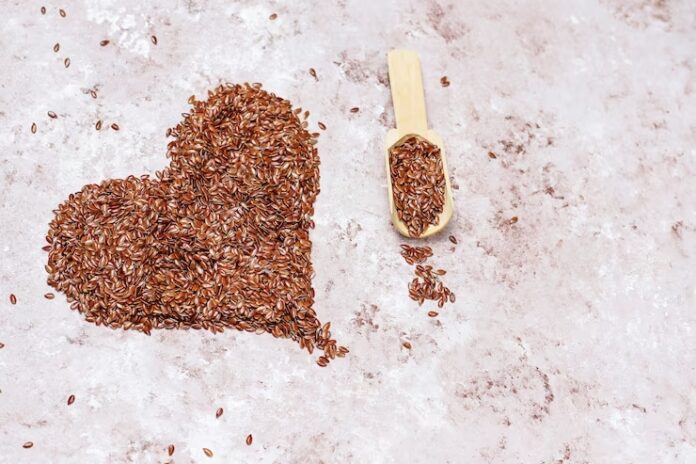Super seeds are nutrient-dense seeds that are recognized for their exceptional health benefits. They are typically small in size but pack a powerful punch when it comes to nutritional value. Here are some popular super seeds and their health benefits:
- Chia Seeds: Chia seeds are rich in omega-3 fatty acids, fiber, protein, and antioxidants. They can absorb water and form a gel-like consistency, which aids in digestion and promotes a feeling of fullness. Chia seeds are also known to help regulate blood sugar levels and promote heart health.
- Flaxseeds: Flaxseeds are another excellent source of omega-3 fatty acids, fiber, and lignans, which are antioxidant compounds. They can help lower cholesterol levels, reduce inflammation, and support digestive health. Ground flaxseeds are more easily digestible and offer greater nutrient absorption.
- Hemp Seeds: Hemp seeds are a complete protein source, containing all essential amino acids. They are also rich in omega-3 and omega-6 fatty acids, which promote brain health and reduce inflammation. Hemp seeds can provide a boost of energy and support immune function.
- Pumpkin Seeds: Pumpkin seeds are a great source of magnesium, iron, zinc, and antioxidants. They promote healthy digestion, support prostate health, and may even help improve sleep quality. Pumpkin seeds can be consumed as a snack or added to various dishes for extra crunch and nutrition.
- Sesame Seeds: Sesame seeds are loaded with calcium, iron, magnesium, and healthy fats. They are known for their high antioxidant content, which helps reduce oxidative stress and inflammation in the body. Sesame seeds can contribute to bone health and provide a good source of plant-based protein.
- Sunflower Seeds: Sunflower seeds are rich in vitamin E, magnesium, selenium, and healthy fats. They offer antioxidant protection, support heart health, and help regulate blood sugar levels. Sunflower seeds can be enjoyed as a snack or used in baking and cooking.
Including these super seeds in your diet can enhance your overall health and well-being. However, it’s essential to consume them in moderation and as part of a balanced diet. It’s also worth noting that if you have any specific dietary concerns or health conditions, it’s advisable to consult a healthcare professional before making significant changes to your diet.



